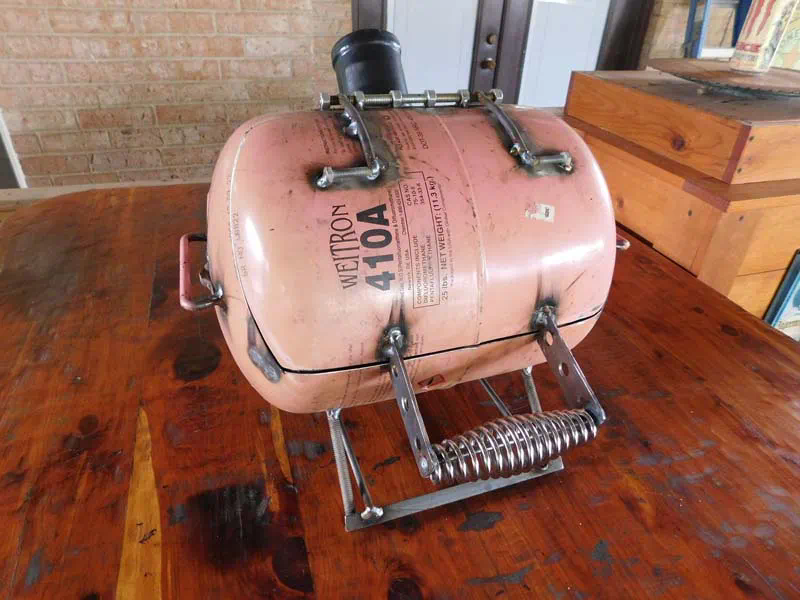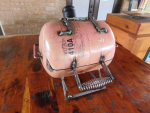Glass lined reactors play a crucial role in the manufacture of electronic chemicals, offering a robust solution that integrates durability, chemical resistance, and efficient heat transfer capabilities. This article explores in detail the application of glass lined reactors in this specialized industry, highlighting their key advantages, operational considerations, and specific use cases.
Advantages of Glass Lined Reactors
Glass lined reactors are favored in the production of electronic chemicals primarily due to their unique material properties. The fusion of glass with steel creates a composite material that combines the strength of steel with the inertness of glass. This dual nature provides exceptional resistance to corrosion from aggressive chemicals used in electronic chemical processes, ensuring purity and preventing contamination.
Chemical Resistance and Purity
One of the most critical aspects of electronic chemical manufacturing is the purity of the final product. Glass lined reactors maintain high levels of purity by preventing interactions between the chemical de dietrich glass lined reactors substances and the reactor walls. This inert environment minimizes the risk of impurities or chemical reactions that could compromise the quality of the electronic chemicals being produced.
Heat Transfer Efficiency
In electronic chemical manufacturing processes, precise temperature control is essential for optimizing reaction rates and product quality. Glass lined reactors facilitate efficient heat transfer due to their smooth, non-porous surface and uniform thermal conductivity. This characteristic ensures homogeneous temperature distribution throughout the reactor, enhancing the consistency and reproducibility of chemical reactions.

Operational Considerations
Operating a glass lined reactor in electronic chemical production requires adherence to specific operational considerations. Proper maintenance of the glass lining is crucial to prevent wear and ensure long-term durability. Regular inspections, careful handling of reactive chemicals, and adherence to recommended operating parameters are essential to maximize the lifespan and performance of the reactor.
Use Cases in Electronic Chemical Manufacturing
Glass lined reactors find extensive application across various stages of electronic chemical manufacturing. From initial synthesis and purification processes to final product formulation, these reactors are integral to achieving the high purity standards demanded by the electronics industry. Specific use cases include the synthesis of specialty chemicals, purification of solvents, and the production of materials used in semiconductor fabrication.
Future Trends and Innovations
The evolution of electronic chemical manufacturing continues to drive innovation in glass lined reactor technology. Emerging trends include the development of advanced glass formulations to enhance chemical resistance and thermal performance. Additionally, automation and digital monitoring systems are being integrated to improve process control and operational efficiency, further optimizing the manufacturing of electronic chemicals.

Conclusion
In conclusion, glass lined reactors represent a cornerstone technology in the manufacture of electronic chemicals, providing a reliable solution that meets the stringent requirements of purity, chemical resistance, and operational efficiency. As the electronics industry continues to advance, the role of glass lined reactors is expected to expand, driven by ongoing innovation and the quest for glass lined reactor safety superior product quality and performance.
Through their robust design, superior material properties, and precise engineering, glass lined reactors remain indispensable in ensuring the integrity and reliability of electronic chemical production processes.
https://ortumeta.com/
